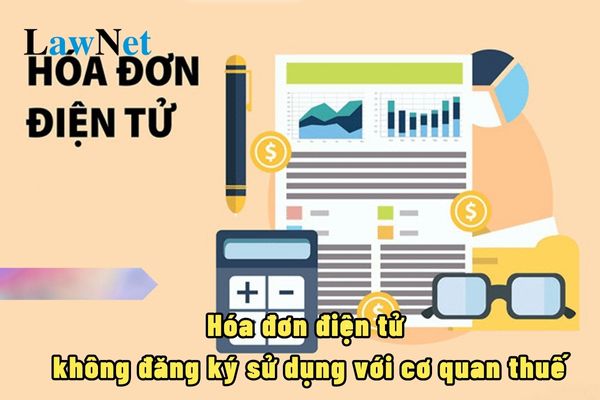Is the use of e-invoices which are not registered with any tax authority illegal in Vietnam?
Is the use of e-invoices which are not registered with any tax authority illegal in Vietnam?
Based on Clause 2, Article 4 of Decree 125/2020/ND-CP, it is stipulated as follows:
Acts of Using Unlawful Invoices and Documents; Unauthorized Use of Invoices and Documents
1. The use of invoices and documents in the following cases is considered as unlawful use of invoices and documents:
a) Fake invoices and documents;
b) Invoices and documents that have not taken effect, are expired;
c) Invoices suspended during the enforcement by measures of invoice usage suspension, except for cases allowed to use according to the notification of the tax authority;
d) e-invoices not registered with the tax authority;
đ) e-invoices without the tax authority's code in cases where e-invoices with the tax authority's code are used;
e) Invoices for goods and services, where the date of issuance on the invoice is after the tax authority has determined that the seller ceases operations at the registered business address;
g) Invoices and documents for goods and services, where the date of issuance on the invoice, document is before the date the issuer is determined to have ceased operations at the registered business address, or before receiving notification from the tax authority about the issuer's cessation of operations at the registered business address, yet the tax authority or other competent agencies concluded that these invoices, documents are not lawful.
2. The use of invoices and documents in the following cases is classified as unauthorized use of invoices and documents:
a) Invoices and documents that do not record all compulsory contents as prescribed; invoices with erasures or edits that are not conformable;
b) False invoices and documents (those that record economic transaction details without actual partial or full purchase and sale of goods and services); invoices reflecting incorrect actual values or forged, counterfeit invoices;
c) Invoices with discrepancies in the value of goods and services or inconsistencies in the mandatory contents among copies of the invoice;
d) Rotational invoices during goods transportation in circulation phases, or using invoices of one type of goods and services to prove others;
đ) Invoices and documents of other individuals or organizations (except tax authority invoices and in cases authorized to issue invoices) to legitimize purchased or sold goods and services;
e) Invoices and documents deemed by the tax authority, police, or other functional agencies as unauthorized used of invoices and documents.
Thus, using e-invoices not registered with the tax authority is considered illegal.

Is the Use of e-invoices which are not registered with any tax authority Illegal? (Image from the Internet)
7 Prohibited Acts in the Field of e-invoices
According to Article 5 of Decree 123/2020/ND-CP, the 7 prohibited acts in the field of e-invoices include:
[1] For Tax Officials
- Creating unnecessary complications for organizations, individuals purchasing invoices, documents;
- Engaging in acts of concealment, collusion with organizations, individuals for using unlawful invoices, documents;
- Accepting bribes during inspections and audits concerning invoices.
[2] For Organizations, Individuals Selling, Providing Goods, Services, and Related Individuals, Organizations
- Engaging in fraudulent acts such as using unlawful invoices, unauthorized use of invoices;
- Hindering tax officials from performing their duties, specifically acts that damage the health, dignity of tax officials during invoice inspections, audits;
- Unauthorized access, altering, or destroying information systems related to invoices, documents;
- Bribing or engaging in other acts concerning invoices, documents for illegitimate gain.
What are the Regulations on the Confidentiality of e-invoices?
Based on Article 6 of Decree 123/2020/ND-CP, the regulations on the confidentiality of e-invoices are as follows:
* Invoices and documents must be stored and maintained ensuring:
- Safety, confidentiality, integrity, completeness, without alteration or deviation during the storage period;
- Proper and sufficient storage duration in accordance with accounting law.
* e-invoices and documents are maintained and stored electronically. Agencies, organizations, individuals have the right to choose and apply suitable e-invoices, documents storage and maintenance forms according to their operation characteristics and technological application capabilities. e-invoices and documents must be readily available to print or access when required.
* Pre-printed invoices by the tax authority, self-printed documents must be maintained and stored as follows:
- Unissued invoices and documents are stored in warehouses according to policies for storing valuable documents.
- Invoices, documents issued within accounting units are stored under the regulations for storing accounting documents.
- Invoices, documents issued within organizations, households, individuals not considered as accounting units are stored and protected as personal assets of such organizations, households, individuals.

